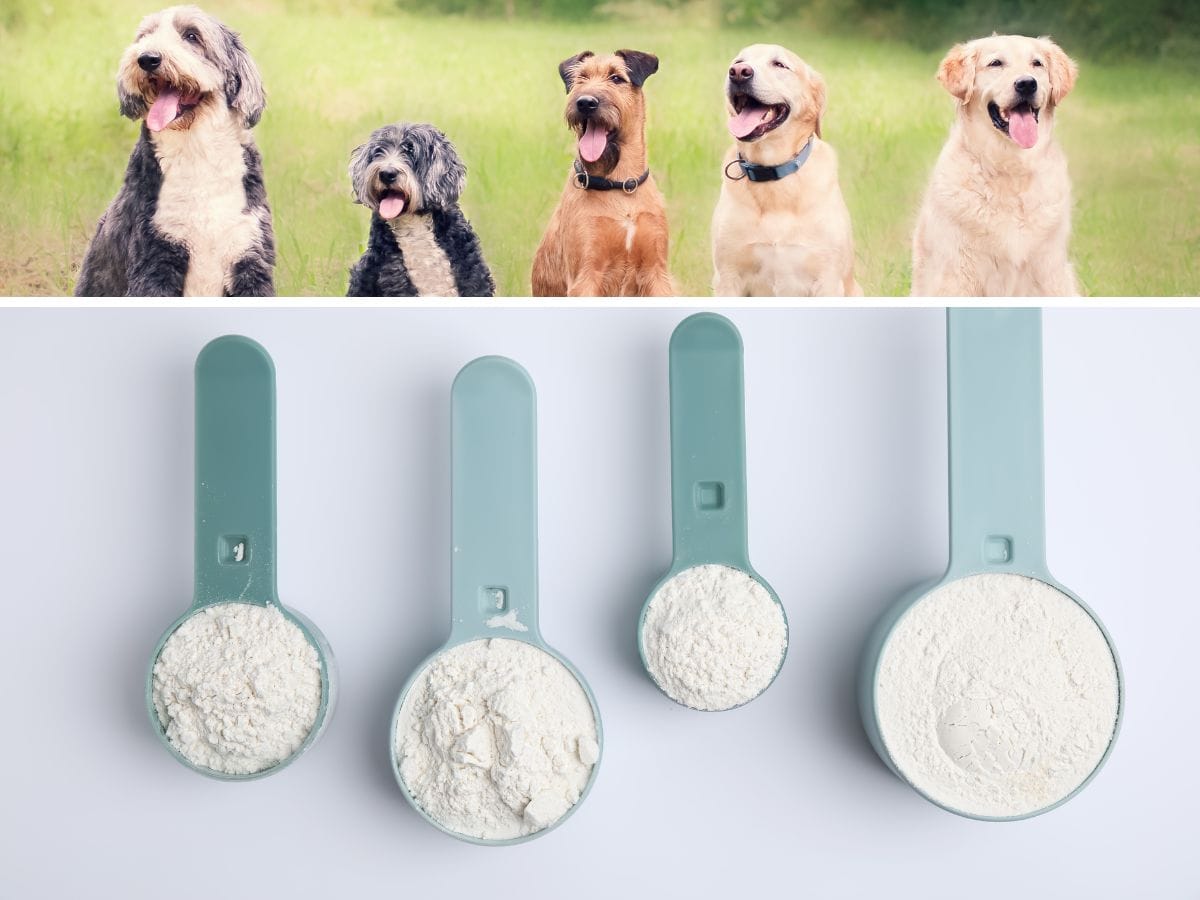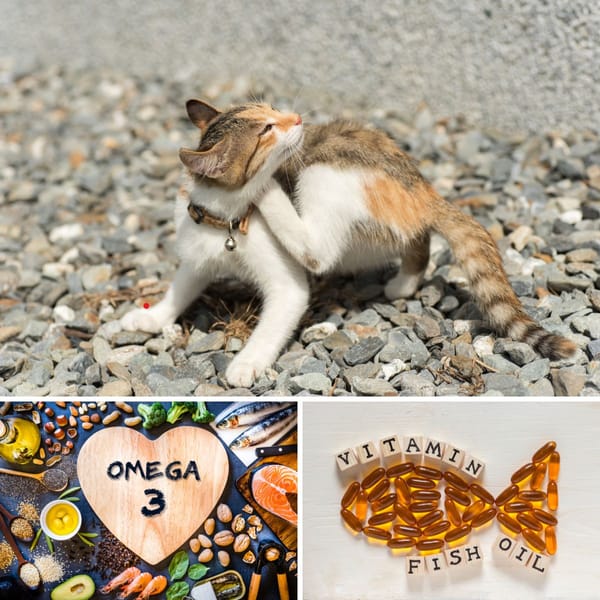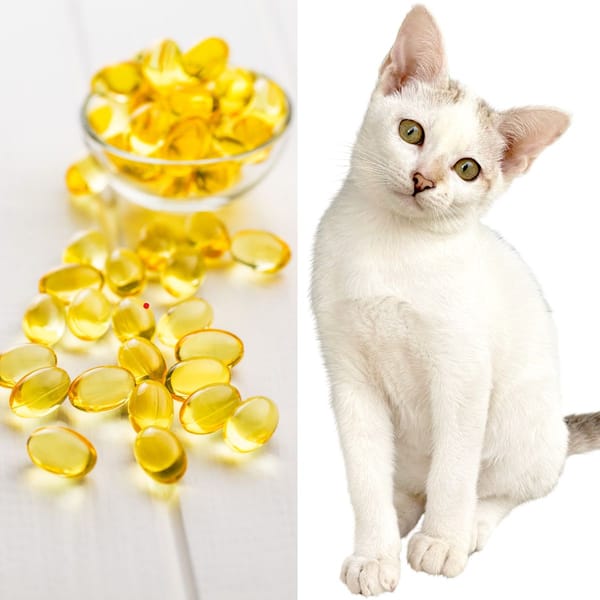Key Takeaways:
- Determining the right amount of probiotic powder for your dog depends on factors like size, age, and specific health needs.
- Probiotic supplements can support your dog's digestive health, immune system, and overall well-being.
- Consultation with a veterinarian is crucial for personalized dosage and to avoid potential side effects.
Probiotics have become a buzzword in the realm of health and wellness, and their benefits are not just limited to humans. Our canine companions can also reap the rewards of these beneficial bacteria. If you're considering adding probiotic powder to your dog's diet, it's essential to understand the correct dosage, the types of probiotics that are beneficial, and how they can improve your dog's health.
Understanding Probiotics for Dogs
Probiotics are live microorganisms that, when administered in adequate amounts, confer a health benefit on the host. In dogs, these beneficial microorganisms can help balance the gut flora, aiding in digestion and bolstering the immune system. Probiotic supplements for dogs often contain strains like Lactobacillus acidophilus and Bifidobacterium, which are similar to those found in human probiotics.
The Importance of Dosage
When it comes to administering probiotic powder, the adage "more is not always better" holds true. The correct dosage of probiotics for your dog depends on several factors, including their size, age, and specific health conditions. Over-supplementation can lead to digestive upset, so it's crucial to get the dosage right.
Probiotic Strains and Their Benefits
Different probiotic strains offer various health benefits. For instance, Lactobacillus acidophilus is known for supporting the digestive system and combating harmful bacteria. Bifidobacterium, on the other hand, can help alleviate symptoms of irritable bowel syndrome and maintain a healthy balance of gut flora.
Incorporating Probiotics into Your Dog's Diet
Probiotics can be introduced into your dog's diet through fortified dog foods or as a separate supplement. When choosing a probiotic powder, look for one that specifies it's formulated for dogs, as human probiotics may not provide the same benefits and could contain ingredients that are harmful to pets.
The Role of Probiotics in Digestive Health
Probiotics play a significant role in promoting a healthy digestive tract. They aid in breaking down food, absorbing nutrients, and producing short-chain fatty acids, which are crucial for gut health. For dogs with sensitive stomachs or food allergies, probiotics can be particularly beneficial.
Probiotics and Immune Health
A large portion of a dog's immune system is located in the gastrointestinal tract. By maintaining a healthy balance of gut bacteria, probiotics can enhance the immune response and help protect against infections, including urinary tract infections and bacterial overgrowth.
Recognizing When Your Dog Needs Probiotics
Signs that your dog may benefit from probiotic supplements include gastrointestinal upset, loose stools, and allergic reactions. However, it's essential to consult with a veterinarian to determine the underlying cause of these symptoms and whether probiotics are an appropriate treatment.
Choosing the Right Probiotic Supplement
When selecting a probiotic powder for your dog, consider factors like the number of live cultures, the variety of strains, and the product's shelf life. A high-quality probiotic formula will contain multiple strains and a high count of colony-forming units (CFUs) to ensure potency.
Probiotic Bacteria: A Microscopic Army for Your Dog's Health
When it comes to maintaining your canine companion's health, the role of probiotic bacteria cannot be overstated. These beneficial flora, consisting of various strains of good bacteria, are the unsung heroes in the battle against bad bacteria in your dog's gut. They work tirelessly to ensure a balanced bacterial load, which is crucial for a healthy gut microbiome. By outnumbering and combating harmful microbes, these probiotic bacteria help to maintain the integrity of the intestinal tract, which is essential for your dog to digest food and absorb nutrients effectively.
Pet owners often wonder about the specifics of these microscopic warriors. The bacteria commonly found in dogs' probiotics include Lactobacillus, Bifidobacterium, and Enterococcus, among others. Each of these has a unique role in supporting your dog's gut health. For instance, certain strains are known to produce short-chain fatty acids, which are vital for colon health and aid in preventing digestive issues. By giving probiotics to your furry friend, you're essentially enlisting a microscopic army to defend and improve their overall well-being.
Probiotic Supplementation Frequency
When considering how often to supplement your dog's diet with probiotics, it's essential to understand that consistency is key to maintaining your dog's gut health. Just like humans, dogs can benefit from a regular intake of probiotics to ensure a balanced gut flora. Daily supplementation is often recommended, but the exact frequency can vary depending on the specific product and your dog's individual needs. It's always best to follow the guidelines provided by the probiotic manufacturer or seek advice from your veterinarian to establish a routine that supports your dog's digestive health probiotics regimen.
Incorporating dog probiotics into your pet's routine doesn't have to be a chore. Many probiotic powders can be easily mixed into your dog's food, making it a seamless addition to their daily meals. The goal is to create a sustainable habit that contributes to your dog's health without causing any stress or resistance. Some dogs might even enjoy the taste of their new supplement, making it a treat rather than a task. Remember, the regularity of probiotic supplementation can play a significant role in preventing bacterial imbalance and promoting overall wellness.
The Science Behind Colony Forming Units (CFUs)
Colony Forming Units, or CFUs, are a scientific measurement used to quantify the number of viable bacteria in a probiotic supplement. When selecting a dog probiotic, the CFU count can give you an indication of the potency and effectiveness of the product. A higher CFU count means more bacteria are available to colonize your dog's gut, which can be particularly beneficial for dogs with digestive issues or weakened dog's immune system. However, more isn't always better, as the appropriate CFU count should match your dog's specific health needs.
Understanding the CFU count is crucial when it comes to choosing the right probiotic for your furry friend. For instance, a dog recovering from an illness or antibiotic treatment may require a higher CFU count to help restore their gut flora. On the other hand, for general maintenance of a healthy dog's gut health, a lower CFU count may suffice. It's important to note that the quality of the probiotic strains is just as important as the quantity. Always look for high-quality dog probiotics that have been thoroughly tested and proven to survive the journey to your dog's gut, where they can provide the most benefit.
The Synergy of Probiotics and Dog Food for Optimal Health
Integrating dog probiotics into your pet's diet is a strategic move for pet parents aiming to boost their dog's immune system and promote healthy digestion. The synergy between dog food and probiotics is a key factor in achieving a balanced gut microbiome. When selecting dog food, it's important to choose options that complement the action of probiotics, such as those containing prebiotic fibers that feed the healthy gut bacteria. This combination ensures that your dog's food not only provides the necessary nutrients but also supports the growth and activity of beneficial bacteria.
Moreover, the inclusion of probiotics in your dog's food routine can lead to the production of beneficial compounds like short chain fatty acids, which help to nourish the intestinal lining and support the immune system. As a result, your dog's health is fortified from the inside out, allowing their GI tract to function properly and efficiently. For pet owners, this means fewer worries about bacterial imbalances and more focus on the joyous moments with their canine companions. Remember, a healthy dog starts with a healthy gut, and giving probiotics with their food is a step in the right direction.
Probiotics for Specific Health Conditions
Dogs with certain health issues, such as irritable bowel syndrome or bacterial imbalances, may require specific probiotic strains. Your vet can recommend a probiotic therapy tailored to your dog's needs, which may include a combination of probiotics and digestive enzymes.
The Safety of Probiotics for Dogs
While probiotics are generally safe for dogs, it's important to follow veterinary supervision when introducing them to your pet's regimen. Some dogs may experience mild side effects, and those with compromised immune systems should be monitored closely.
Administering Probiotic Powder to Your Dog
Probiotic powder can be mixed into your dog's food for easy administration. Ensure that the powder is thoroughly blended with the dog's food to prevent any selective eating and to make sure your dog consumes the full dose.
Monitoring Your Dog's Response to Probiotics
After starting probiotic supplementation, observe your dog for any changes in their digestive health or behavior. Improvements in symptoms like upset stomach or loose stools can indicate that the probiotics are having a positive effect.
The Long-Term Benefits of Probiotics
Consistent use of probiotics can contribute to your dog's long-term health by supporting a robust immune system, promoting mental and emotional regulation, and maintaining a healthy gastrointestinal system.
When to Consult Your Veterinarian
Before starting any new supplement, including probiotics, it's crucial to consult with your veterinarian. They can provide guidance on the appropriate dosage and address any concerns you may have about interactions with other medications or conditions.
Understanding the Expiration Date
Like all supplements, probiotics have a shelf life. Check the expiration date on the probiotic powder to ensure its effectiveness, as expired products may not provide the intended health benefits.
Probiotics and Diet
In addition to supplementation, you can support your dog's gut health by providing a balanced diet rich in natural probiotics and fibers. Foods like plain yogurt and certain vegetables can offer additional sources of beneficial bacteria.
Avoiding Harmful Ingredients
Some probiotic supplements may contain artificial sweeteners or other additives that are not suitable for dogs. Always choose a product that is specifically designed for canine consumption and free from harmful ingredients.
Summary
Probiotic powder can be a valuable addition to your dog's diet, supporting digestive health, immune function, and overall well-being. The key to successful supplementation is determining the right dosage based on your dog's individual needs and consulting with a veterinarian for personalized advice. By choosing a high-quality probiotic supplement and monitoring your dog's response, you can help maintain their health and happiness for years to come.
FAQ Section
Q: Can I give my dog human probiotics? A: It's not recommended to give your dog human probiotics as they may contain strains and ingredients that are not beneficial or safe for dogs. Always choose a probiotic supplement specifically formulated for canines.
Q: How long does it take for probiotics to work in dogs? A: The effects of probiotics can vary depending on the dog's condition and the specific probiotic used. Some dogs may show improvements within a few days, while others may take several weeks to experience the full benefits.
Q: Can probiotics cause side effects in dogs? A: While probiotics are generally safe for dogs, some may experience mild side effects such as gas or bloating. If you notice any adverse reactions, consult your veterinarian immediately.







